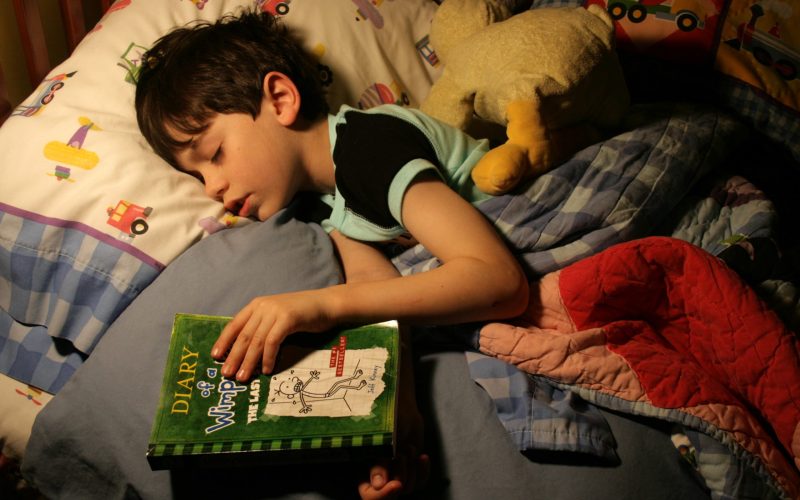Sleep is just as important for babies as nutrition and activity are. Your baby needs adequate rest to be healthy and happy.
Mood, weight, immunity, and even education and cognition are all things that can be impacted by sleep.
Creating and sticking to a regular bedtime and waking schedule from infancy will not only help your child develop good habits, but it will help them understand the importance of sleep and its impact on their lives as they get older.
These helpful tips below will help you establish good sleeping habits for your child.
Encourage self-soothing
Try not to let your infant fall asleep while eating. It is best to put your baby to sleep while they’re still awake.
Once your baby reaches 3 months, you should start to slow your response time slightly when they wake up crying at night.
By 6 months, if your room isn’t very far away, consider giving up the monitor. If you don’t feel comfortable doing this, turn the volume down on the baby monitor.
You’ll be less tempted to rush to your baby and they will be more likely to drift back to sleep on their own.
Develop a bedtime routine for babies
By 3 months, your baby should have a consistent bedtime ritual that lasts no more than 30 to 40 minutes, bath included. Bedtime should be before 9 pm for children up to age 10.
When children go to bed after 9 pm they take longer to fall asleep, wake more often throughout the night, and get less sleep overall.
Bedtime sounds such as recorded ocean waves or a fan and favourite sleep-time objects such as a special blanket or pillow will also help your child get a good night’s rest.
Set the stage for sleep
Maintain a consistent temperature and level of light in your child’s room even when travelling. Take note of safe sleeping recommendations.
Turn off all screens and electronics including TV’s, computers and tablets at least two hours before bed as these devices emit significant amounts of blue light.
This blue light can lower the levels of melatonin (the hormone that signals your body to sleep) by 22 per cent. Ditch your child’s devices after dinner time.
As your child gets older, be sure they have the proper sleep essentials that will allow them to get the sleep that their body needs including comfy pillows, a high-quality mattress, breathable bedding, and proper sleepwear.
Read a bedtime story
Reading to your child doesn’t just help them learn, it’s also a great way to help prepare them for dreamland. In fact, psychologists believe that out of all activities, reading printed books is the most relaxing.
Reading with your child is also great for quality time with your child as well as excellent for establishing bedtime routines for babies.
Remember, different age groups have different sleep needs. It’s important to make sure that your child is getting enough quality rest as well as to understand the biological factors that may influence sleep patterns.





